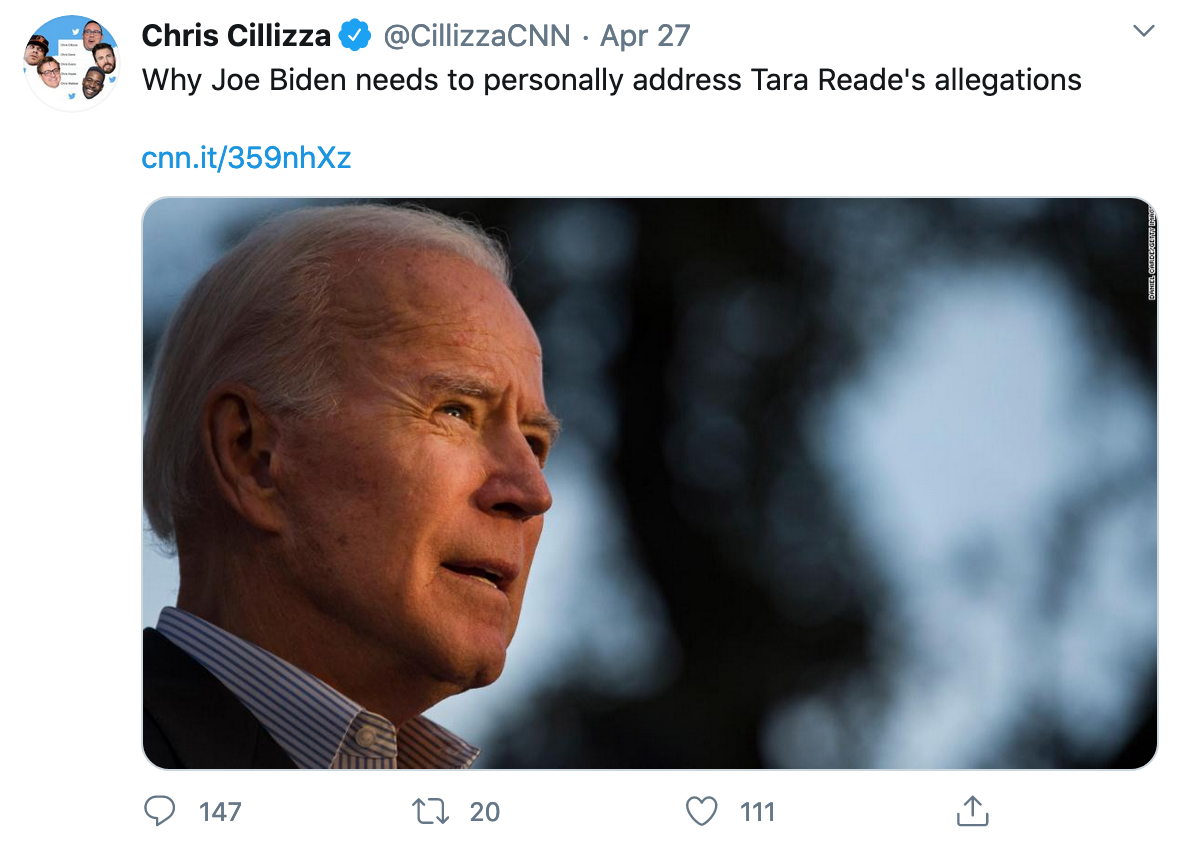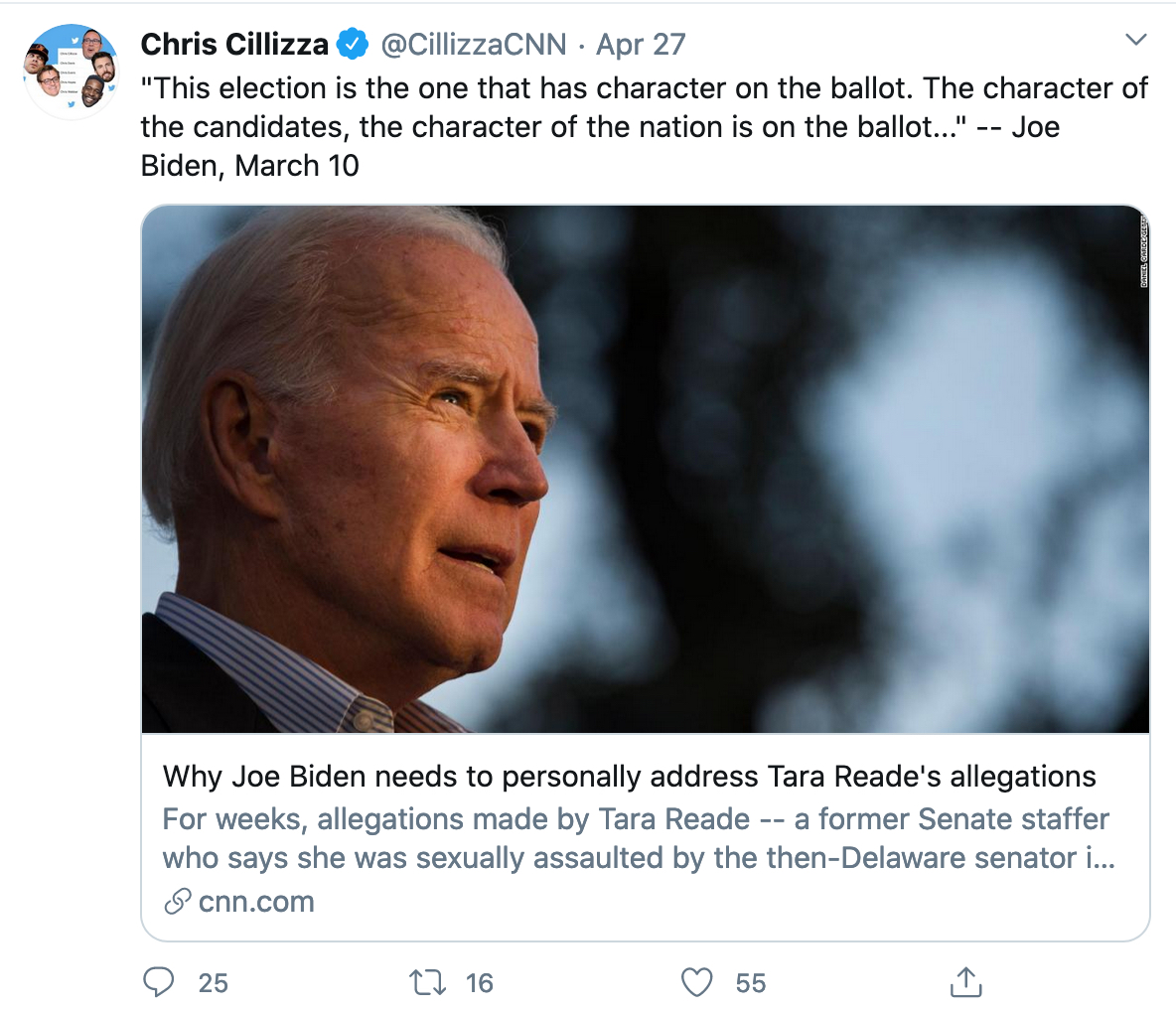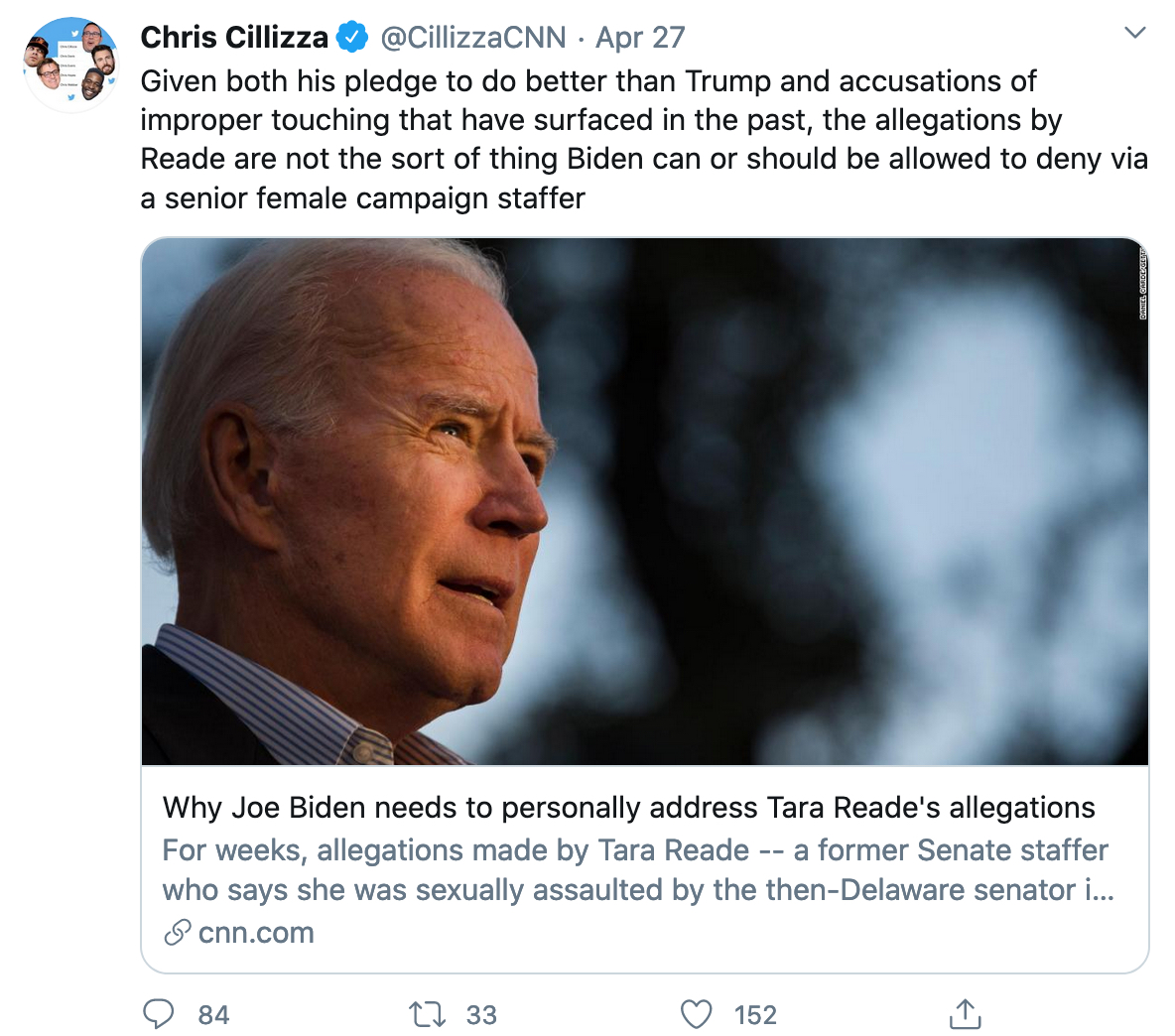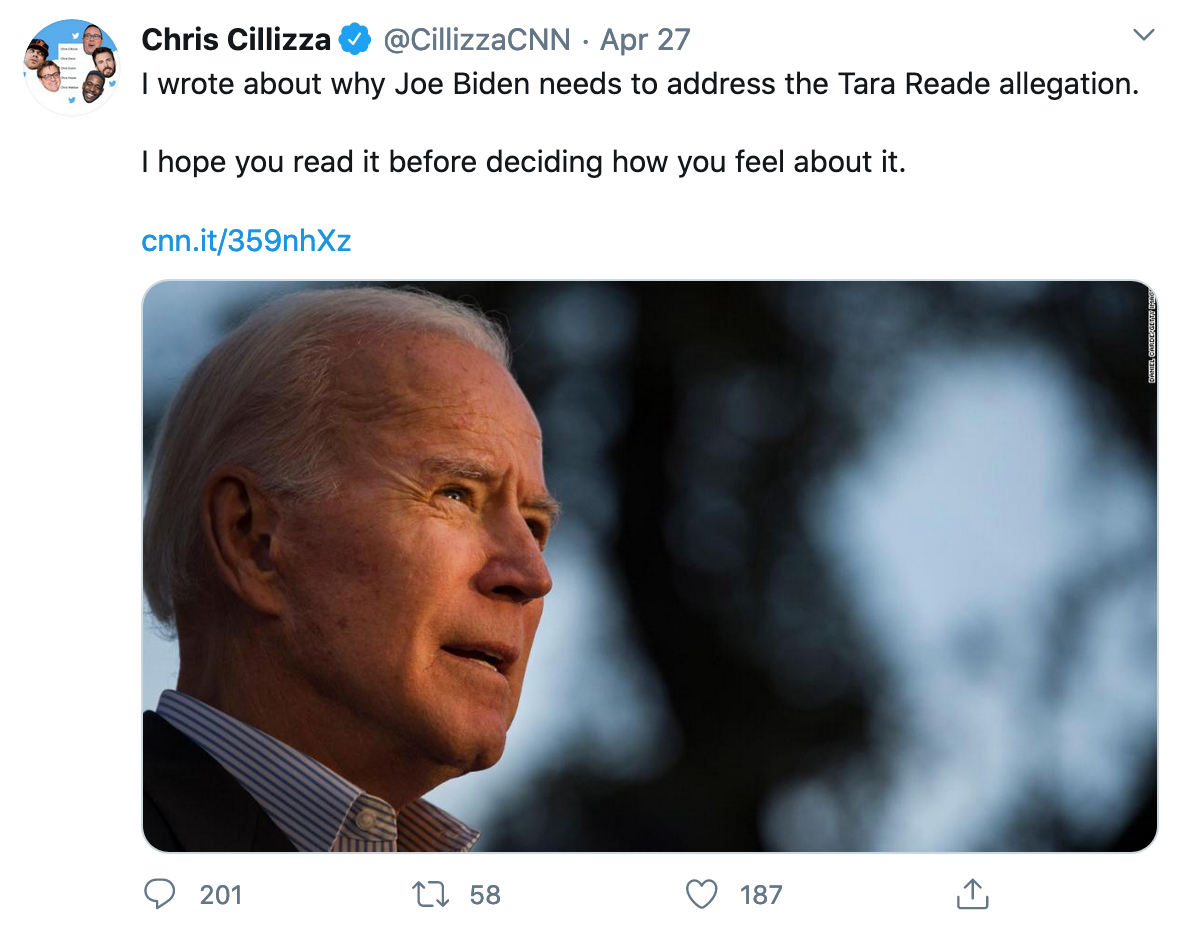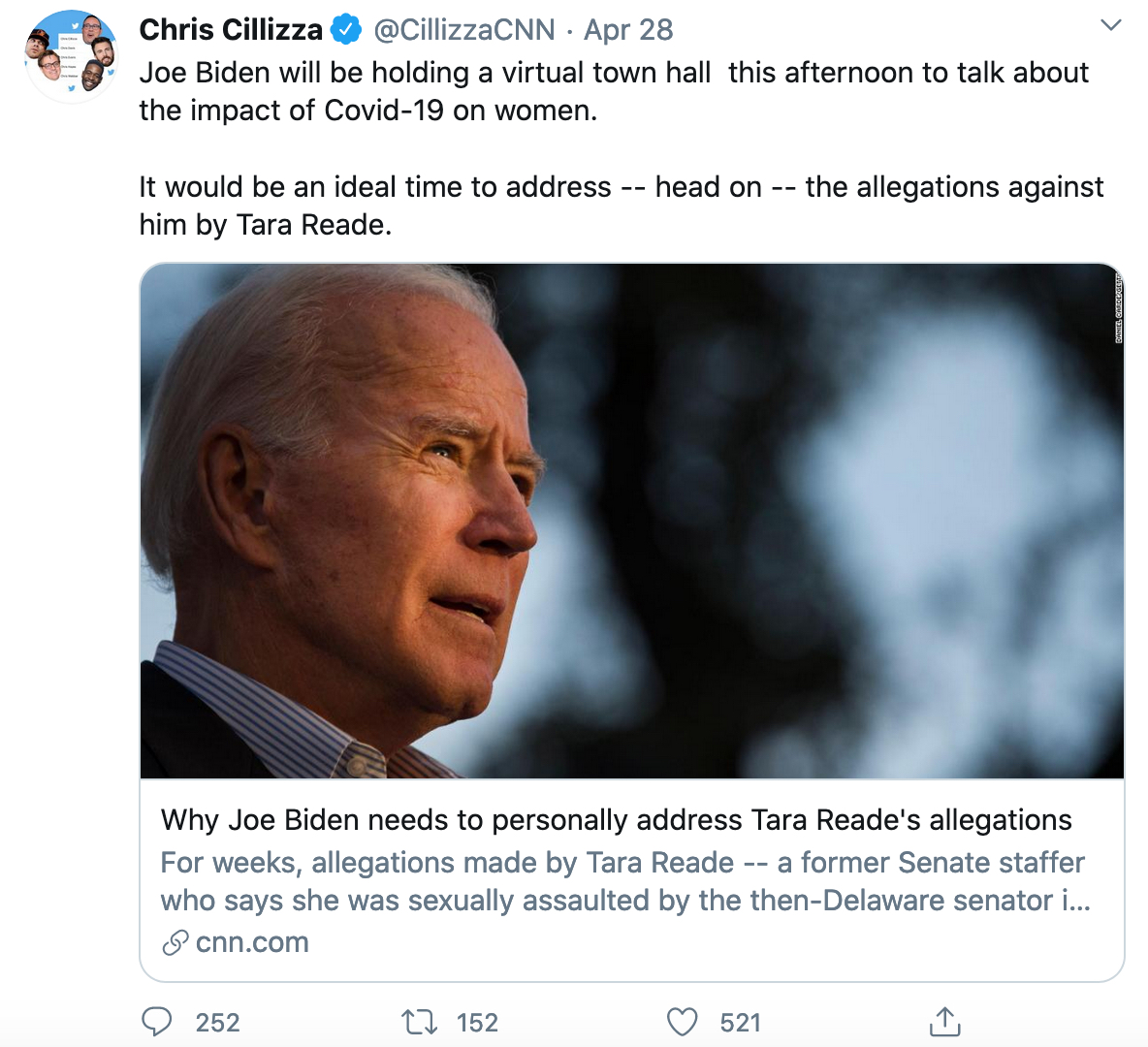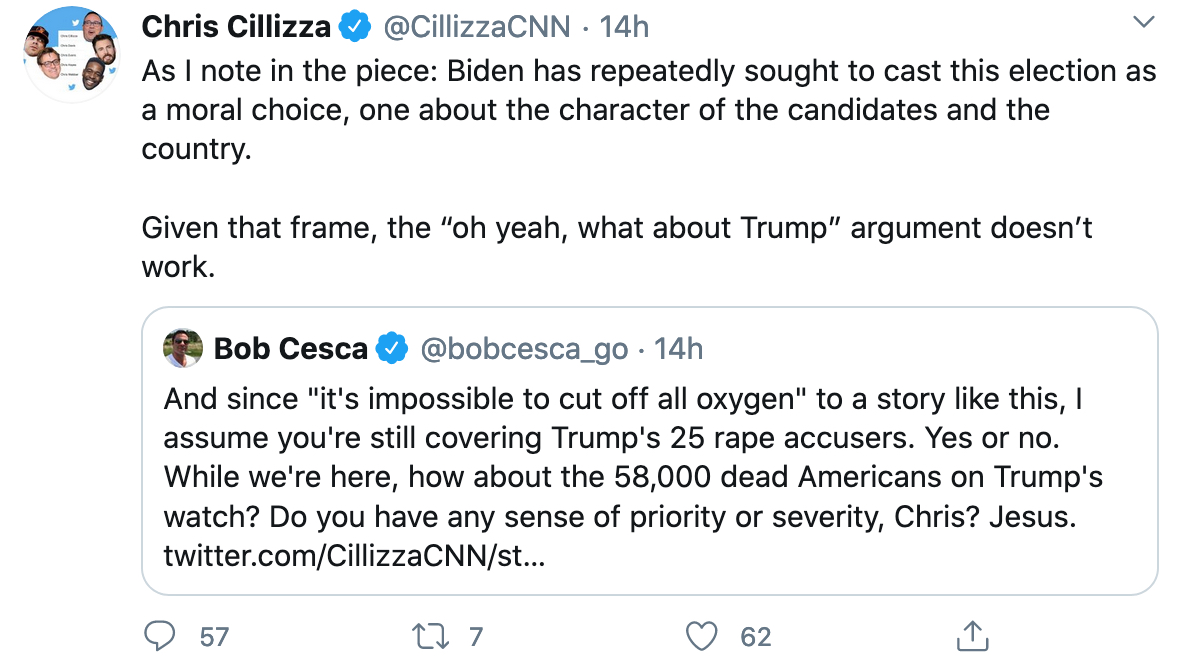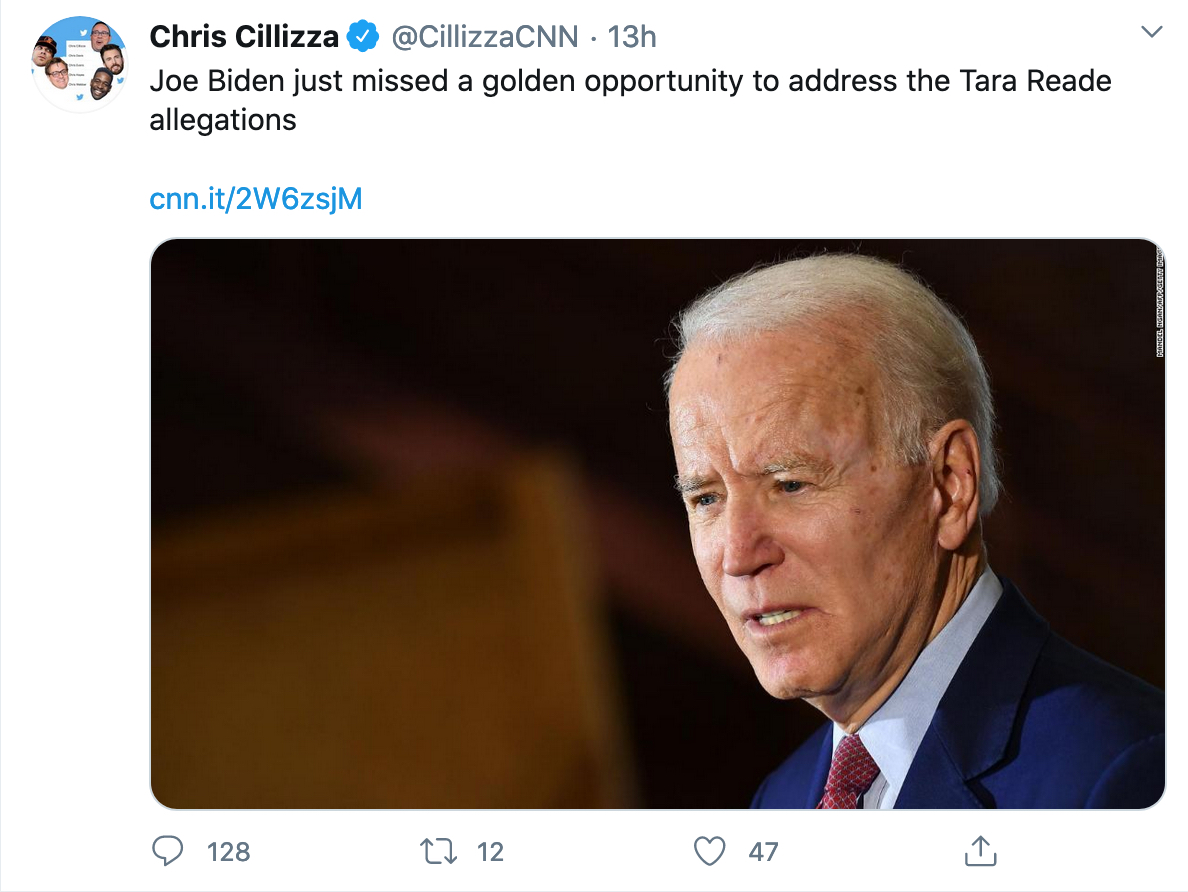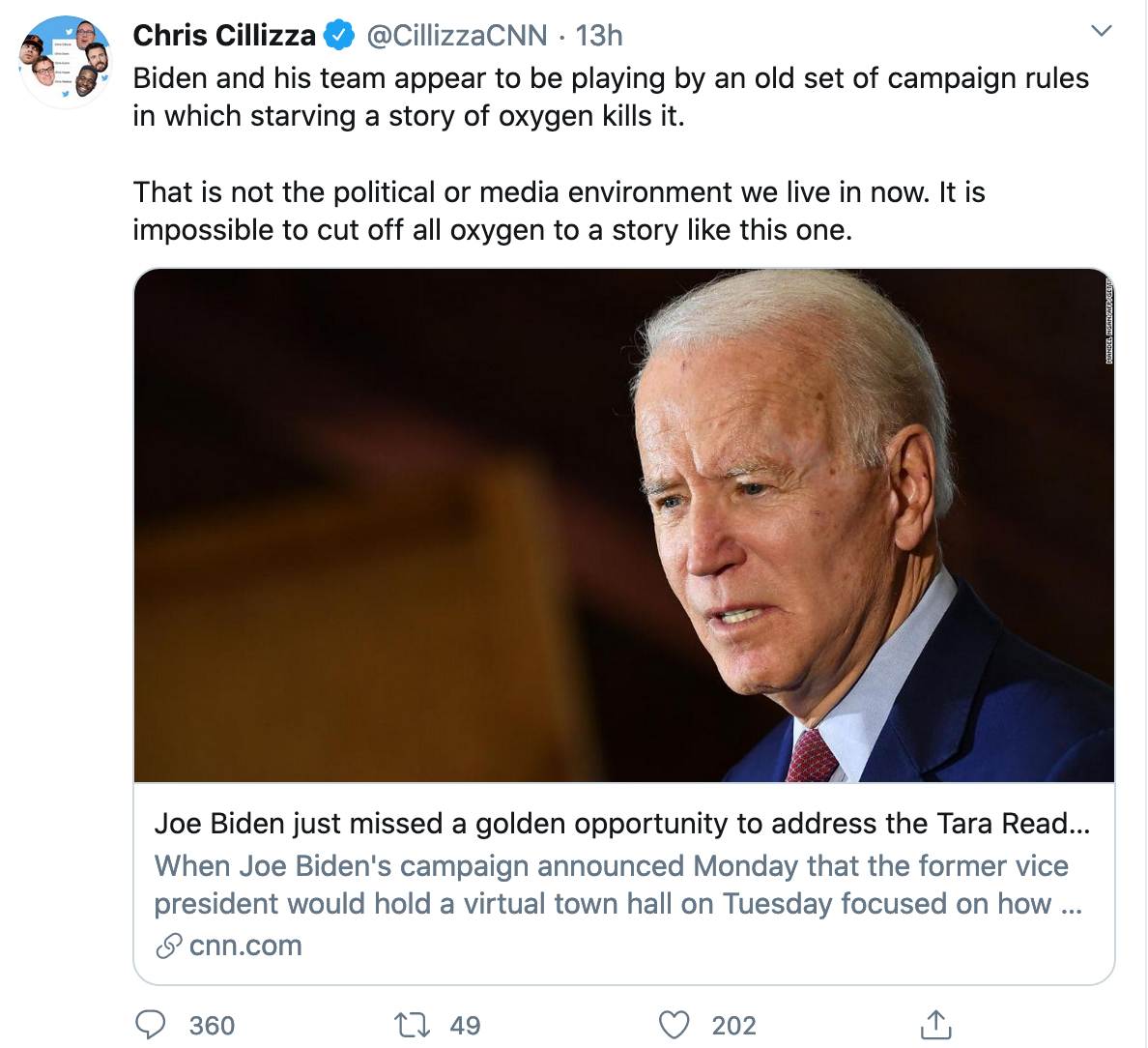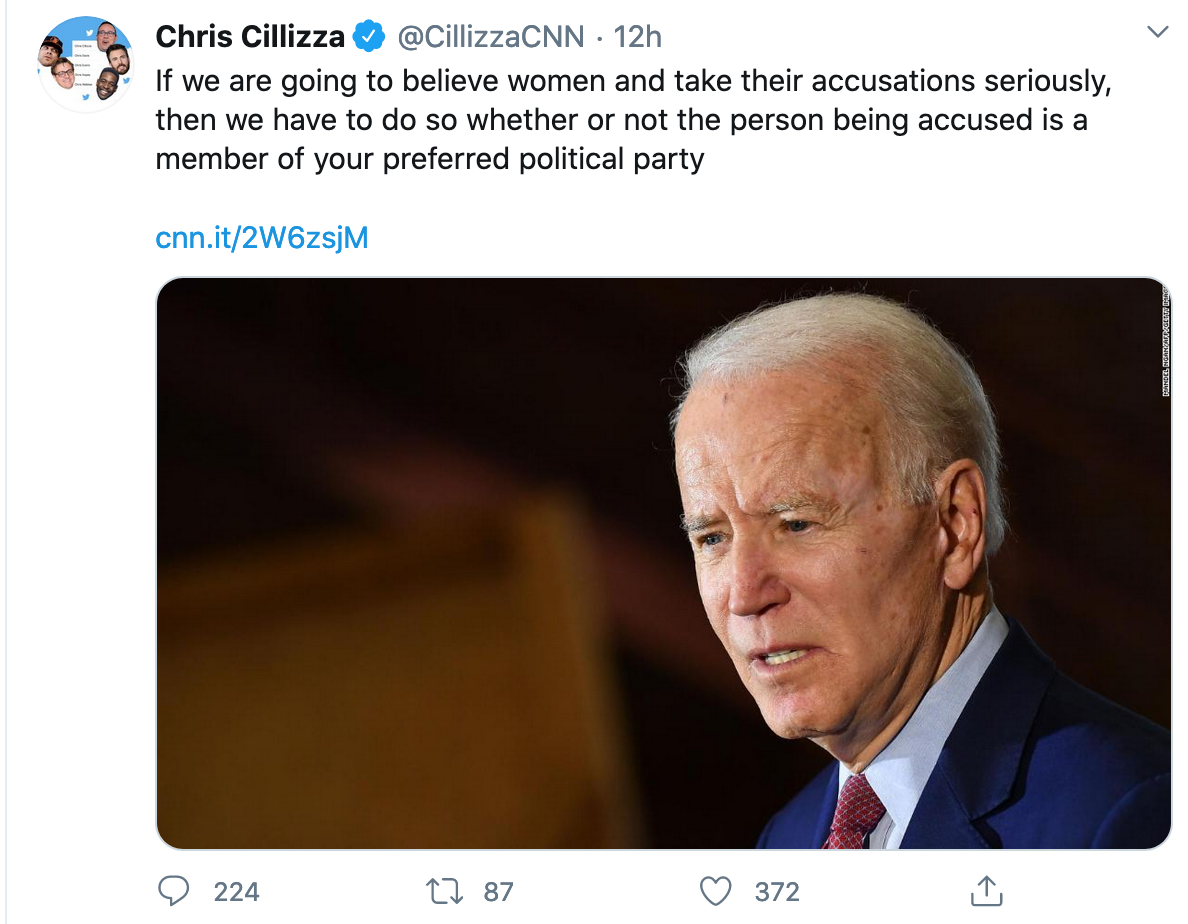A group of GOP consultants sat down to discuss Biden’s strategy for the 2020 presidential election.
I don’t think it’s a great idea for Democrats to take advice from Republican strategists, but it’s still interesting to see what they think about the upcoming 2020 presidential election. Tim Alberta gathered several of them in a “smoke-filled Zoom” and picked their brains about everything from turnout theories to who Biden should pick as a running mate. A few interesting themes emerged, some of which are worthy of consideration.
The group, which included 2016 campaign managers “Danny Diaz (Jeb Bush), Beth Hansen (John Kasich), Jeff Roe (Ted Cruz) and Terry Sullivan (Marco Rubio),” tended to agree that most of the motivation the left needs to vote is provided by Donald Trump. With the exception of Ms. Hanson, they all saw Biden’s current relative invisibility as an advantage for him. Partially, this was simply because Biden cannot commit gaffes if no one is listening, but it’s mainly because Trump desperately wants to make this a choice election rather than a simple referendum on his performance in office. He can’t do that if Biden is hidden below the water line. Hanson focused in all her remarks much more on motivating the base, and she thinks Biden is unable to do this from his isolation chamber in Wilmington.
Jeff Roe defined what he saw as Biden’s two main options:
He’s got a decision to make. There’s two schools of thought in presidential politics. I openly subscribe to one of them. You either believe that you win with the middle or you believe that you motivate your base. And when you’re running against an incumbent president, almost always they have a defined electorate, so they motivate their base.
The Democratic primary voters sent a pretty clear message that they believe the way to win this election is not to pander to them but to gather in the middle. But that doesn’t mean that Biden can safely ignore the task of energizing the left. Roe calls this “the difference between a Stacey Abrams or an Amy Klobuchar” as a running mate. “The middle is not where the votes are. It’s the base—and Biden doesn’t have them.”
The general feeling among these Republican strategists is tilted in favor running base elections, but Roe is the most emphatic:
And it is shown time and time again that intensity, when we nominate middle-of-the-road candidates and when they nominate middle-of-the-road candidates, they do terrible. Bob Dole was our worst candidates in a generation, and John Kerry was the worst candidate for them. You can’t do a centrist move in this day and age…
Hanson tends to agree but she’s more interested in walking a fine line.
I would say it goes a little bit beyond base. What it gets him—and you said this just a second ago, Jeff—it gets you enough of the base without freaking people out. And that’s the balance. I would argue that he can’t pick somebody that it’s just going to be so clear it’s not a good fit for who he is. I mean, he does have a reputation of [chuckles] 150 years in politics, and people know who he is, and they know that he is a pragmatic, middle of the road, blue collar, centrist, populist kind of a leader. And so, picking somebody that’s just asynchronous for that, I think will not help him.
Balancing the competing interests of staying on brand and creating some excitement, the group recommended Kamala Harris as his ideal running mate. Elizabeth Warren was ruled out both because they believed she’d scare off the middle and because she’d make it much harder for Biden to raise Super PAC money.
So, that’s the kind of prism they’re looking through for how Biden should position himself, but they also tend to look at the outcome as highly dependent on whether people are focused more on health or on the economy. Jeff Roe came up with the example of a contractor building a beautiful house which then burns down. That’s what Trump is going to argue on the economy. You can trust him to build you another beautiful house. But this won’t work at all if people are still more interested in a president who can contain a global health pandemic. Trump has already lost that argument. Sullivan is skeptical that he can win the economic argument either:
Your house burns to the ground, you’re not thinking rationally. Right now, I don’t know that voters are thinking through this in a logical, rational way, and so I think that they’re not necessarily going to go back to Trump because he presided over it. And the economy is still going to suck by the time we get to the election, even if he’s done amazing things, it’s still not going to be where it was two months ago. And that’s a problem for him.
It may be a problem, but we can sure that the economy will be struggling in November, and Trump has a better shot fighting on that ground than on his record on Covid-19.
Related to that, these Republican consultants are eager to see Biden move to the left. Even when playing Devil’s Advocate, they say he’s better off using identity than ideology to excite the base. They argue that one advantage of him being in non-campaign mode is that he doesn’t have to make big promises to the left. And, above all, they say that Trump is eager to seize on anything, however small, to argue that Biden is a communist just like Warren and Sanders.
The overall impression is a little confusing. They seem to think getting out the base is more important than winning the middle, but their idea of the middle seems to be restricted completely to tax-averse Romney-Clinton suburbanites. What about all those out of work Obama-Trump voters?
When they think about Trump defections, they tend to think of elderly people who are naturally going to be more concerned about their health than the economy. It’s more of a risk for them to vote in person, too, so getting them to the polls will be more difficult than usual in states that don’t have an automatic mail-in option. That’s a subject for a different piece, but low-information working class voters are classic swing voters who make their decisions based on the current economic condition. Trump won them over by arguing that free trade had been a bad deal and promising to blow things up and do things differently in the future. Record high unemployment is going to create swing in this group, but Biden has to capture it. A return to Obamaism might be a good sell in the suburbs, but less so in the sticks.
Overall, I think the flaw in these consultants advice is that they’re describing the kind of campaign that they might be able to support. But how many of them will actually vote for Biden in the fall? In this highly partisan age, it’s hard to win crossover votes from anyone who is politically engaged. The middle among high-information voters is very inelastic, which is why it’s not the middle that matters the most.
Yet, I think all of this is basically wrong. Biden isn’t the one who needs to be chasing voters. When you chase one group too hard, you lose another group. Biden is winning this election right now and he’ll continue to have the upper hand until he blows it. What he wants to do is be welcoming to everyone. He wants to have an argument for why he’s the safe choice. People want some equilibrium. So, Biden doesn’t need to excite his base but he also doesn’t need to stiff-arm the left to appeal to the middle. He has an opportunity to win back a lot of Obama-Trump voters, but he doesn’t need to pander to them or make allowances for their prejudices. He just needs to be steady and offer an unthreatening alternative to Trump, and he’s going to win over most of the swing in the electorate.
Where Biden should bring the heat is as an advocate for everyone who has been screwed over in the last four years and specifically by this pandemic. That’s where he should mine for excitement and enthusiasm.



